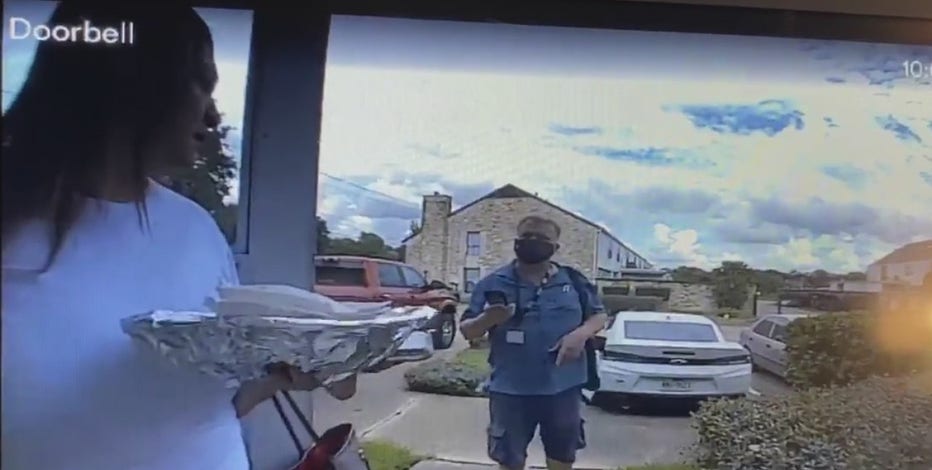New scams appear to target work-from-home, and unsuspecting consumers

New scams targeting those working from home
While robocall scams may have gone down during the pandemic, there are new scams threatening people working from home.
HOUSTON - A positive note, about the pandemic, is that would-be crooks have been forced to take-cover like everyone else; the number of annoying robocalls, for example, has dropped, slightly.
However, there are still some scams, making the rounds, of which consumers need to be aware.
Among them is persistent robocall from 'Jason', who wants to sign customers up for a solar-program. The number appears local, but is quickly disconnected if you try to call back, as the people making the calls keep looking for new ways to connect with gullible consumers.
SIGN UP FOR THE FOX 26 NEWSLETTER
It has become enough of a problem that the real-life companies, mentioned in the calls, like San Antonio-based Texas Energy Advocates, and Virgina-based American Solar, have put disclaimers on their website noting that they're not responsible for the calls.
Houston tech-expert Juan Guevara Torres says it's an example of 'spoofing', where access to local numbers are easily purchased from online services that sell the access.
"I can buy a number anywhere in the world," says Guevara Torres, "If I make a VOIP... a call over the internet... it will appear like it's a local phone call."
Featured
How to discern a US Census worker from a scammer at your door
There have been scams, and you should stay alert over the next few weeks in case anyone comes to your door posing as a census worker, warns Jerome Garza, the assistant regional census manager for the Dallas region.
Another scam, that appears to target those stuck living and shopping from home, is a text suggesting an update to a package ready to be delivered. To get the information, all you need to do is click the attached link which would likely load destructive malware onto you phone and open-it up to the crooks. "They want to access the information that you have on your phone," says Guevara Torres, "That way, they can pull you into paying them."
The Better Business Bureau's Dan Parsons has a tongue-in-cheek description of what makes the scams possible, these days. "It's called 'isolation disconnectus'," says Parsons, "We are at home, locked away, and our guards are down."
He says crooks recognize potential-victims are overwhelmed: trying to work from home, keep families organized, and stay healthy. Trying to avoid con-artists may not always be front-and-center.
"The people who that do this stuff are not stupid. They know your antenna is down, and your demand for fulfillment is up."
FOR THE LATEST DOWNLOAD THE FOX 26 NEWS APP
The overarching advice, to stay safe, is to be suspicious:
- Don't click on links when you don't, really, know the source. Instead, call or go directly to a company or service's website.
- Let unwanted calls go to voice mail.
- Do not provide any personal or financial information to any of these unsolicited contacts.


